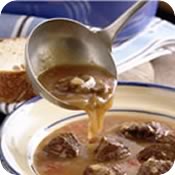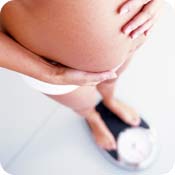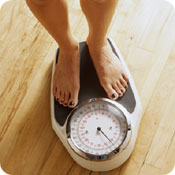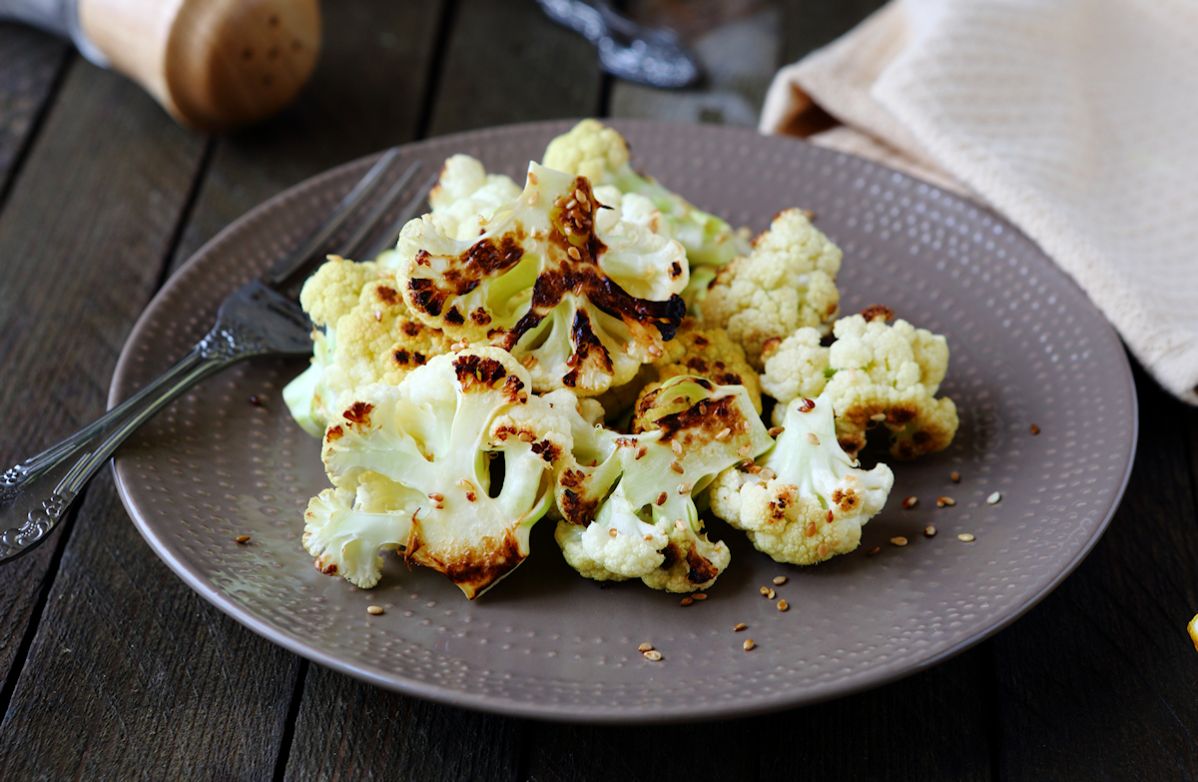 Vitamin B-12 works with folic acid to produce healthy red blood cells. Also, it plays key roles in maintaining health of the nervous system, absorption of foods, protein synthesis, carbohydrate and fat metabolism, and normal digestion. B-12 also is believed to work with folate to help prevent birth defects.
Vitamin B-12 works with folic acid to produce healthy red blood cells. Also, it plays key roles in maintaining health of the nervous system, absorption of foods, protein synthesis, carbohydrate and fat metabolism, and normal digestion. B-12 also is believed to work with folate to help prevent birth defects.The best sources of vitamin B-12 include animal products, such as organ meats, beef, pork, fish, poultry, eggs, milk, and other dairy foods. Therefore, vitamin B-12 intake is mostly a concern for vegetarians and vegans who omit these foods and follow plant-based diets. Some foods are fortified with vitamin B-12 and are fair sources of the nutrient. These include: nutritional yeast (100% RDA in 2 teaspoons), fortified cereals (usually 100% RDA per serving), nondairy alternatives like soy milk (content varies), and vegetarian meat alternatives (content varies). Women need 2.4 micrograms of B-12 daily. Because B-12 is water soluble, it is constantly lost in urine when not used and a continuous supply is always needed. B-12 deficiency can lead to a type of anemia, walking and balance problems, sore tongue, weakness, confusion, and in advanced cases dementia. Pregnant women and breastfeeding women should consume 2.6 micrograms and 2.8 micrograms of B-12, respectively. People over the age of 50 may need B-12 supplementation as the body's ability to absorb vitamin B-12 from food sources diminishes.
This article was reviewed by Tanya Jolliffe, a BabyFit healthy eating expert. |
Vitamin B-12: Boosts Red Blood Cells
Other Key Nutrients for the Mom-to-Be
Page 1 of 1





Member Comments